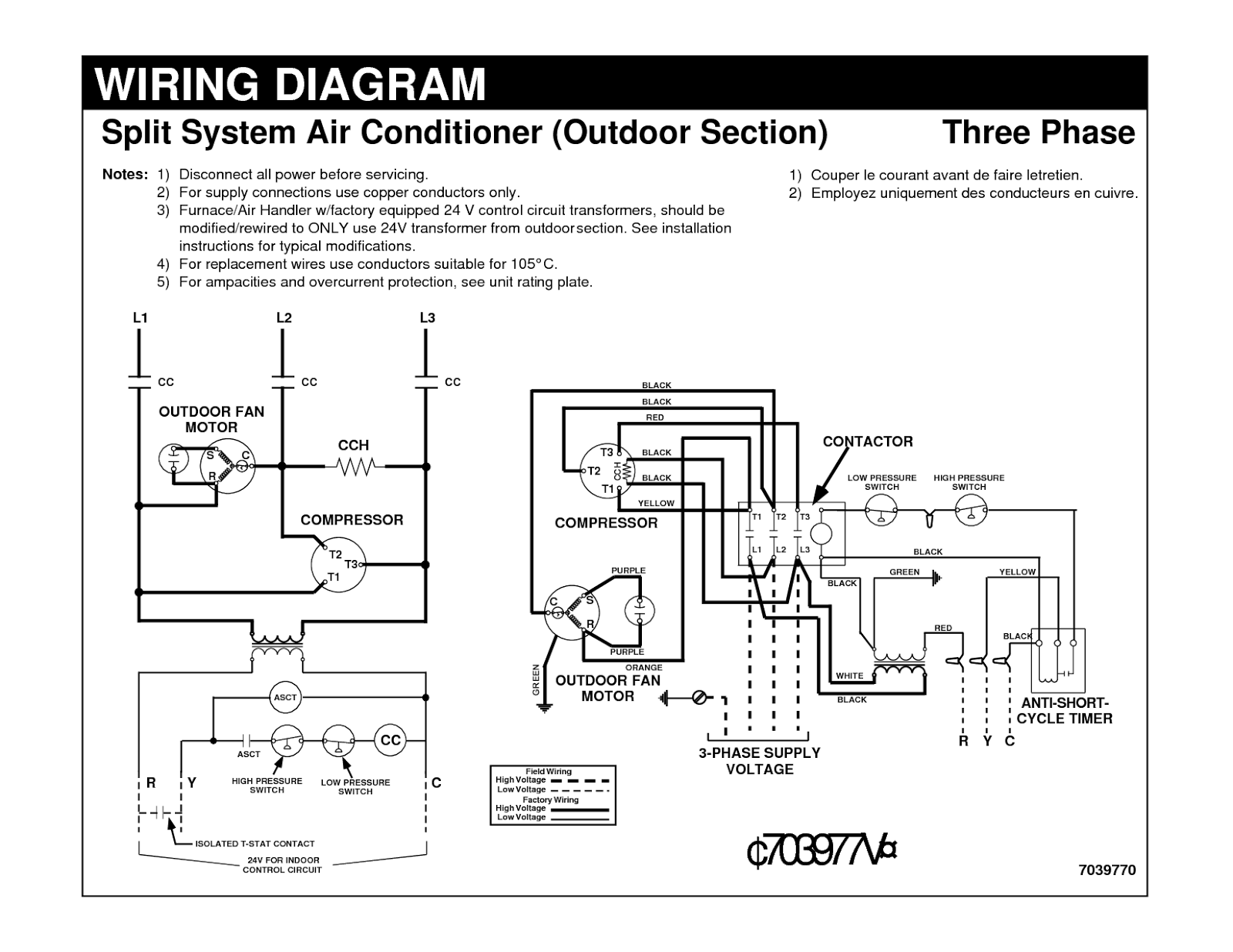Ac Electrical Wiring is a crucial component of any electrical system, providing the necessary connections for the flow of alternating current (AC) power. Understanding Ac Electrical Wiring is essential for both electricians and homeowners to ensure the safe and efficient operation of electrical devices and systems.
Why Ac Electrical Wiring are Essential
Ac Electrical Wiring plays a vital role in delivering power to various electrical components and devices. Here are some reasons why Ac Electrical Wiring are essential:
- Facilitates the distribution of AC power throughout a building or structure.
- Ensures proper connections between electrical components to prevent short circuits and electrical hazards.
- Allows for the installation of electrical devices such as outlets, switches, and lights.
How to Read and Interpret Ac Electrical Wiring
Reading and interpreting Ac Electrical Wiring can be daunting for those unfamiliar with electrical systems. Here are some tips to help you read and interpret Ac Electrical Wiring effectively:
- Familiarize yourself with the symbols and markings used in wiring diagrams.
- Follow the flow of power from the source to the destination to understand how electricity is distributed.
- Pay attention to color-coding and labeling of wires to identify their purpose and function.
Using Ac Electrical Wiring for Troubleshooting Electrical Problems
Ac Electrical Wiring diagrams are invaluable tools for troubleshooting electrical problems. Here’s how you can use Ac Electrical Wiring for troubleshooting:
- Identify the specific circuit or component that is malfunctioning.
- Trace the wiring diagram to locate potential points of failure or issues.
- Compare the actual wiring with the diagram to pinpoint any discrepancies or faults.
Importance of Safety
When working with electrical systems and using wiring diagrams, safety should always be the top priority. Here are some safety tips and best practices to follow:
- Always turn off the power before working on any electrical wiring.
- Use insulated tools to prevent electrical shock.
- Wear appropriate personal protective equipment, such as gloves and safety goggles.
- Consult a professional electrician if you are unsure about any electrical work.
Ac Electrical Wiring
Electrical Wiring Diagrams for Air Conditioning Systems – Part Two

Electrical Wiring Diagrams for Air Conditioning Systems – Part One

Typical Ac Wiring Diagram | Home Wiring Diagram

Carrier Split Ac Wiring Diagram – Rock Wiring

Basic Ac Wiring Diagrams
Ac Unit Wiring Schematic
